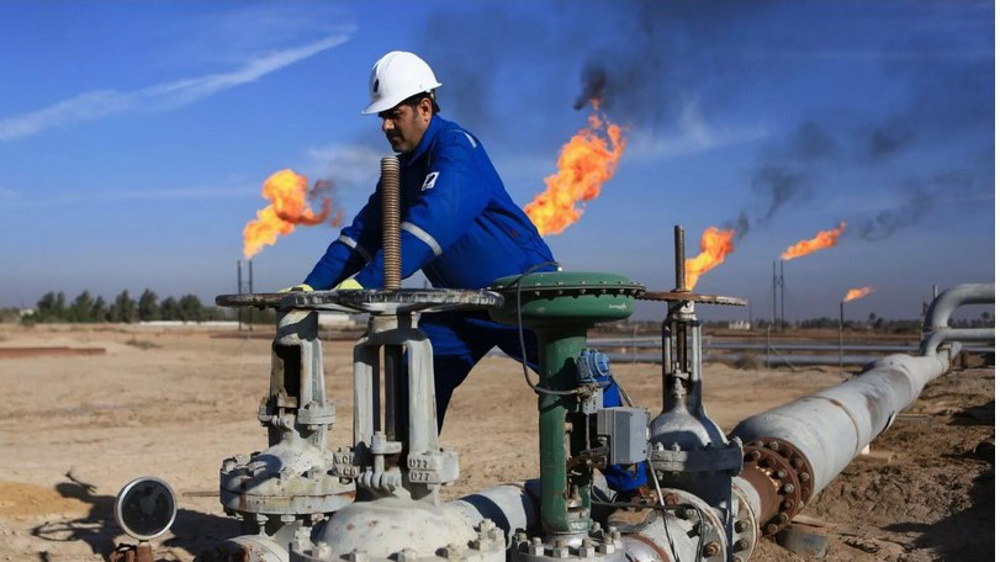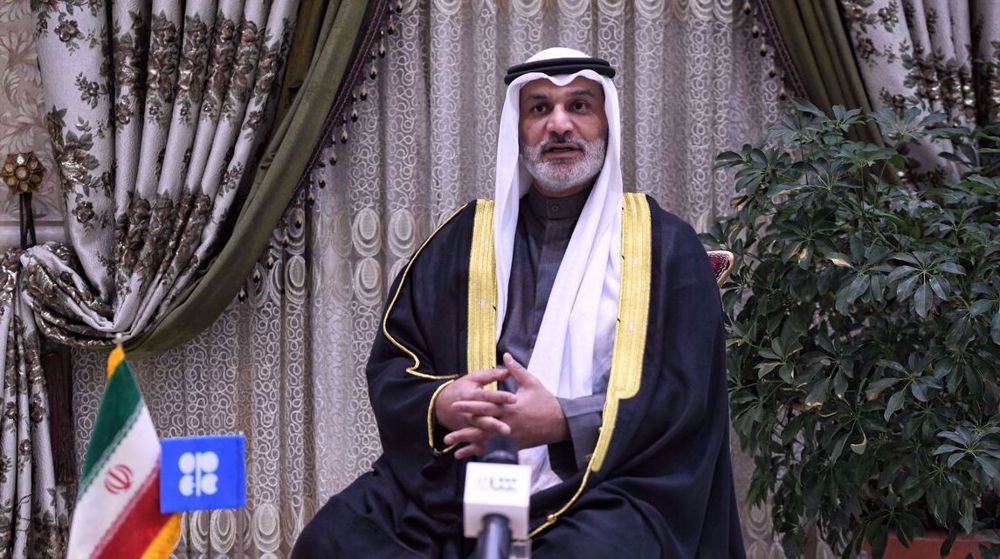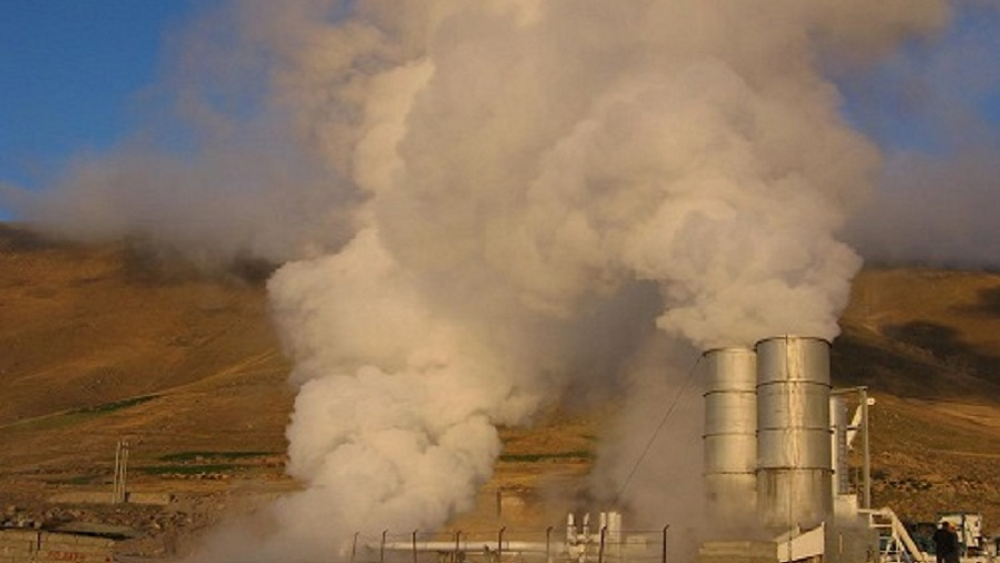Qatar discussing oil freeze with Iran, Iraq
Qatar says it is negotiating with Iran and Iraq to freeze their oil production at “current levels” as OPEC is preparing to put a proposal devised by Saudi Arabia to cap production later this month.
"We are discussing with both countries on that and we are looking at various ways and means of coming to a mutual understanding," Qatar’s Energy Minister Mohammed Al-Sada told reporters.
Both Iran and Iraq are yet to react to the remarks of the Qatari minister.
Sada added that Doha will host a meeting of ministers from 11 OPEC and non-OPEC producers on Friday in which informal discussions on the current market situation will take place.
“We will have a meeting, and it’s going to be an informal and consultative meeting,” he told reporters on the sidelines of the Gas Exporting Countries Forum held in Doha.
The Qatar official further emphasized that 11 countries had confirmed their participation, without naming them.
OPEC agreed in Algeria on September to cut oil production to 32.5 million barrels a day (mb/d) from current level of 33.24 mb/d to boost the market.
However, disagreements persist among producers on details of a plan to cut the output.
The group will discuss concrete levels of output by each country at its next formal meeting on Nov. 30 in Vienna, Xinhua reported.
OPEC’s oil production cut will cap output at 32.5 mb/d in order to re-balance the supply-side of the oil market, Saudi Arabia’s oil minister Khalid al-Falih said on Thursday.
OPEC must cut more than 1 mb/d if it wants to squeeze under that ceiling, and Saudi Arabia will be expected to do most of the heavy lifting as Iran and Iraq – two of the bloc’s largest oil producers – will only be freezing production at current levels, not cutting, the OilPrice.com reported.
Previous reporting on the coming deal said that Iran, Libya and Nigeria would be exempted from the agreement’s production restraints due to the international sanctions, civil wars and domestic insurgencies each country has faced, respectively.
Once the special exemptions were announced, Iraq also demanded an exemption from the deal as it faces the hiking costs of the battle against the ISIL in Mosul – one of the terrorist group’s last major strongholds in the country, OilPrice.com further added.
VIDEO | Press TV's news headlines
VIDEO | Iranian military's 'Zolfaqar' exercises continue in full swing
VIDEO | People’s Fair for Gaza fundraiser held in New York
Hamas: Netanyahu tampering with fate of Israeli captives
VIDEO | Kashmir pays homage to Hezbollah leaders
VIDEO | Trump's ethnic cleansing plan draws Palestinian supporters to Seoul rally
VIDEO | An insider's view of the country: Kashan City
Iran condemns ‘vicious act of Israeli terrorism against civilians’










 This makes it easy to access the Press TV website
This makes it easy to access the Press TV website